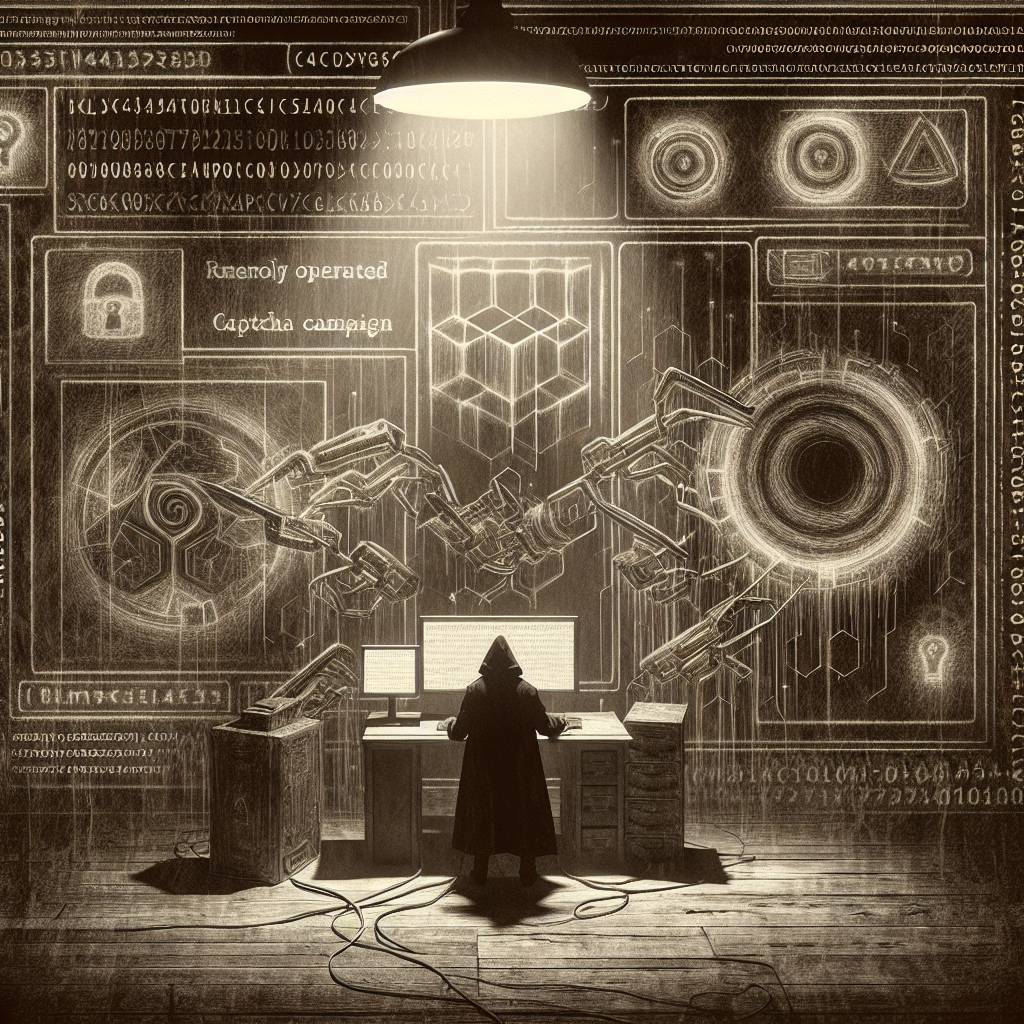Cyber Trickery: How Malicious CAPTCHA Campaigns Are Fooling Users With Lumma Stealer RAT
HP’s latest Threat Insights Report uncovers a rise in malicious CAPTCHA campaigns tricking users into installing the Lumma Stealer RAT. Attackers exploit our growing click tolerance, turning multi-step authentication into a digital dance-off with malware. Who knew PowerShell could lead to such a risky tango?

Hot Take:
Who knew CAPTCHA could be scarier than a pop quiz you didn’t study for? In a plot twist worthy of a thriller, attackers are leveraging our click-happy nature to sneak in the Lumma Stealer RAT through malicious CAPTCHA campaigns. It’s like they’ve turned our digital trust exercises into a game of malware hopscotch. Time to start questioning everything, including those squiggly letters!
Key Points:
– HP’s Threat Insights Report highlights a surge in malicious CAPTCHA campaigns tricking users into executing PowerShell commands.
– Attackers exploit users’ growing click tolerance, a side effect of habitual multi-step authentication processes.
– The report reveals that at least 11% of email threats bypassed email gateway scanners.
– A parallel campaign uses open-source RATs like XenoRAT, with features like microphone and webcam capture.
– Threat actors are using Scalable Vector Graphics (SVG) images and obfuscated Python scripts to deliver diverse malware payloads.
